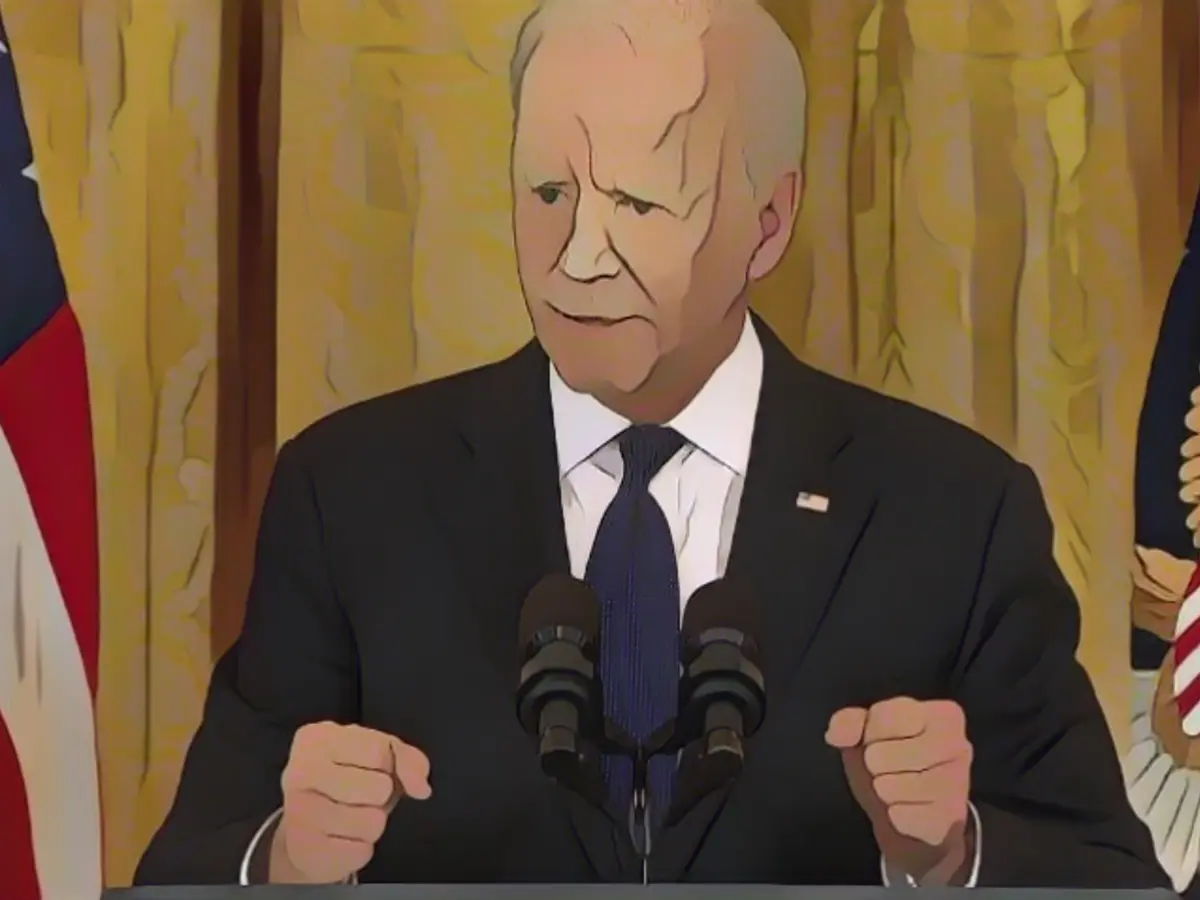Combatting Prejudice Against Asians in Military Ranks
The battle against bigotry isn't over yet – it's a struggle that Asian Americans and Pacific Islanders (AAPIs) continue to fight, confronted by surging waves of prejudice and hate crimes. Since March 2020, according to the nonprofit Stop AAPI Hate, around 6,600 anti-Asian hate incidents have been reported in the United States.
This has had a profound impact on some of our country's most dedicated citizens (AAPIs) in the military community: an escalation of severe hate crimes against military personnel and veterans. Faced with racism, often from fellow service members who view them as foreigners forever, has been especially painful during the pandemic for military personnel of Asian and Pacific Islander descent.
An officer in active duty shared with me last year how, outside of Langley Air Force Base in Virginia, one of his pilots was told to "go back to your country." In Feb 2021, Air Force veteran Danny King was brutally assaulted in Koreatown, Los Angeles, with the attacker calling him a racist and breaking his nose. In March, another veteran, Ron Tuason, was attacked on a bus stop, with the attacker yelling, "You're not a veteran, I am."
As President Joe Biden put it last week during the signing of the COVID-19 relief bill, "Silence is complicity, and we cannot be complicit." It's time to take bold actions against the attacks on the AAPI community in the military. It's time to stand up against hate.
As a former member of the Obama Administration's Advisory Committee for AAPIs in the Military, I've documented hate crimes against AAPIs serving in the US military for over a decade. Stories like Danny Chen's, Harry Lew's, and Raheel Siddiqui's – who took their own lives after enduring harassment – serve as a grim warning for the well-being of AAPI individuals in the military. In 2017, I released a report highlighting these challenges.
Unfortunately, the problem has only worsened during the pandemic. Beyond the racism they face on the streets or in their daily lives, AAPI soldiers must also grapple with ignorance and hate within the US military. In March, I had the opportunity to participate in a community roundtable on AAPI hate crimes in Virginia. As I shared stories about current veterans and active-duty military personnel facing discrimination and hate, others chimed in with their own experiences.
One participant described her brother, a Marine, being told he needed to choose sides upon receiving the order to serve overseas. She was furious. Her family had sworn to defend our nation with their lives. She said it was the most heart-wrenching thing she had ever heard.
As a former military officer and pilot, I have counseled many young service members. In 2020, a female Air Force pilot trainee told me she was often referred to as the "Asian driver" within her unit. Another trainee I mentored explained that he and another Asian American trainee shared the call sign "7-11," a derogatory nickname that referenced their south Asian heritage.
For Asian Americans and Pacific Islanders serving our nation, this climate is a painful reality that must change. It deerializes moral and undermines operational readiness in our military. In conducting research on this topic, I learned that many incidents go unreported or unaddressed. If left unchecked, racist and hate-filled language can lead to racist and hate-filled behavior, sometimes even escalating to violence and even death.
President Joe Biden and Defense Secretary Lloyd Austin have vowed to take a "bold new approach" in eradicating racism and extremism in the military. But bureaucratic resistance can sometimes derail innovative initiatives in Washington. To tackle this problem proactively, we can also take the following measures.
Leverage Our Strengths
We must create a framework that challenges centuries-old narratives that pit fairness and military preparedness against each other. Opponents have long viewed diversity as a distraction that resources, cohesion, and the military mission. Nothing could be further from the truth. The War Department itself recognized the significance of merit for military effectiveness during the 1940s.
Critics argue, however, that public policy advocating for greater inclusion in the military supports a "radical social transformation."
This argument has been repeatedly used to preserve a more limited policy of inclusion, which extends from women in combat to LGBTQ+ citizens.
It's time for the Defense Department to correct misguided decisions that play down diversity in favor of preparedness. Far from detracting from readiness, diversity should be a battlefield advantage. Diversity is the heart of military preparedness, and the very word should be a synonym for combat effectiveness. For extremists, diversity is their most potent weapon against bigotry, recognizing that true diversity provides the US military with an actual tactical advantage.
Invest in Education and Career Development
A renewed focus on education can help the Defense Department sharpen awareness of AAPI contributions to national security. Despite Asian Americans and Pacific Islanders' participation in almost every conflict since America's founding in 1812, they have been repeatedly discriminated against and continue to be seen as eternal foreigners. Education can be the antidote to this problem.
In 2019, AARP collaborated with advocacy groups to produce a video highlighting AAPI contributions to the US military since the War of 1812. These stories are vital in our Service Academies, Mental Health Academies, and basic training.
Foster Proactive Leadership
The Defense Department should also support and encourage proactive voices, which rise from the ranks to drive change. Frustrated by the lack of dialogue in the wake of the George Floyd tragedy, a group of young police officers took the initiative and launched an online and social media discussion about race relations, diversity, and fairness. They have since become known as "Mountain Movers," using technology to embrace progressive commitments to racial justice, diversity, and equality.
Their progressive and transparent approach represents a grassroots push for change from below and upwards in the Defense Department, with senior officers taking note. They are resolute in working through authentic dialogue and constructive debate to achieve lasting change.
On Remembrance Day, I will be remembering the service and sacrifice of all fallen military personnel, including the members of the 442nd Regimental Combat Team, who gave their all but never returned home. I will also be thinking of Danny Chen, Harry Lew, and Raheel Siddiqui, victims of senseless bullying and discrimination in the military.
For peace to prevail, we must transcend debates surrounding diversity and embrace a new mantra in our struggle: "Diversity in Purpose." Bigotry is weakened most by seeing all cultures come together in common purpose in the heart of bigotry. Diversity must always equal tactical superiority for the US military and an essential aspect of our national security strategy.
Finally, our founders knew that a motley crew of diverse men, armed with muskets and diverse uniforms, had strategic and tactical advantages. With the Latin words "E Pluribus Unum" etched into our great seal, they believed that values of liberty and equality were sufficient to overthrow tyranny and bring freedom to a new nation.
We should do the same.
References:







